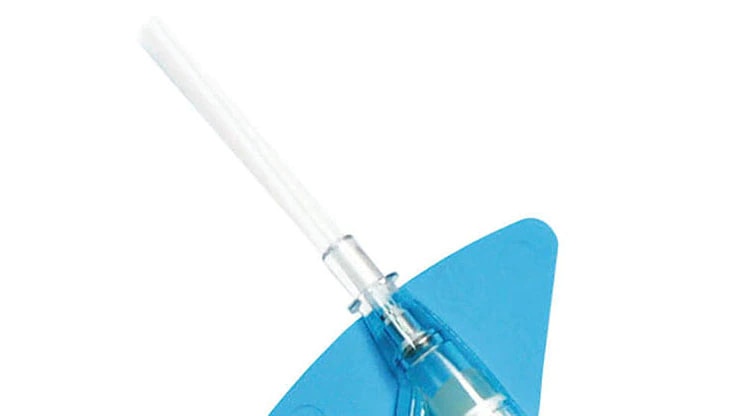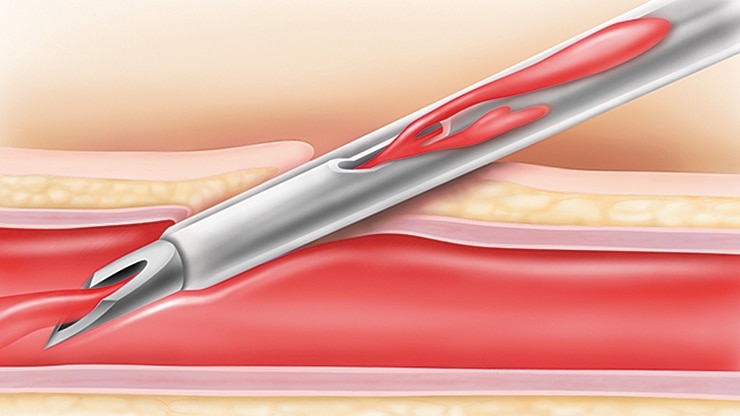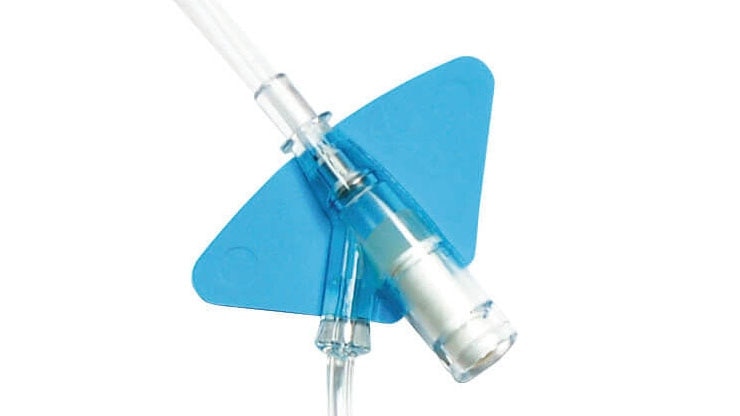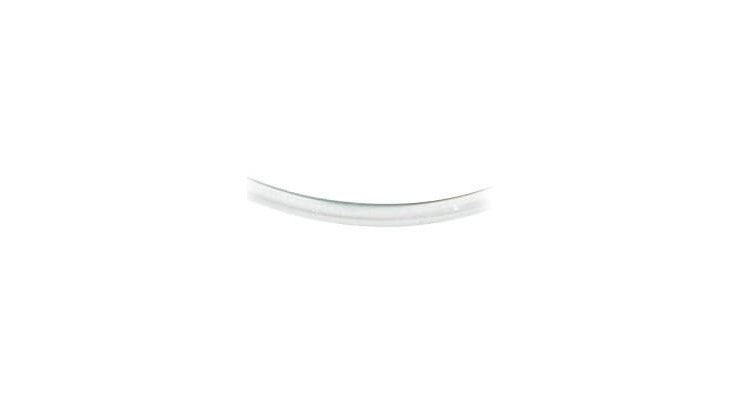BD Nexiva™ Closed IV Catheter System is not just a catheter. BD Nexiva™ Closed IV Catheter System is an all-in-one PIVC, combining four individual devices in one: IV catheter, extension set, stabilization device, and needle-free connector/s. It is clinically demonstrated to have longer dwell times – dwelling up to 144 hours – and reduced complications versus an open system.*
*with a PTFE catheter


- Overview
- Best Practices
- Products & Accessories
- EIFU & Resources

BD Vialon™ catheter material
Proprietary BD Vialon™ Catheter Material softens, enabling longer dwell time and reducing the chance of phlebitis up to 69%.


BD Nexiva* with an integrated extension tubing and stabilization platform is designed to reduce manipulation and movement at the site and has been shown to reduce dislodgement and phlebitis

The BD Nexiva* with the built-in stabilization platform reduces dislodgement by 84%1†
By choosing the BD Nexiva {*}, you can reduce the risk of complications and blood exposure as well as preserve sites*
*Compared to an open system with a PTFE catheter
The BD Nexiva {*} demonstrated a 29% reduction in phlebitis rates when compared to an open system*
*with a PTFE catheter
Dwells longer
In a randomized study comparing the BD Nexiva {*} to an open catheter system*, among peripheral IV catheters in place for over 24 hours, the median dwell time for BD Nexiva™ {*} was up to 144 hours versus 96 hours for the open system
Preserves sites
BD Nexiva {*} is an all-in-one PIVC shown to preserve sites for longer
BD Nexiva {*} has been shown to reduce costs and reduce treatment delays in clinical studies.
BD Nexiva™: Traditional vs closed IV catheter insertion
Catheter stabilization is recognized as an intervention to decrease the risk for phlebitis, catheter migration and dislodgement and may be advantageous in preventing catheter-related bloodstream infections (CRBSIs).3
Recommend limiting the use of add-on devices to reduce the potential for contamination, additional manipulation, and disconnection.5
98% reduced blood exposure during insertion due to the BD Nexiva IV catheter preassembled system.2*
Clinically demonstrated to reduce accidental dislodgement,2‡ meeting Infusion Nursing Society standards4 and CDC guidelines5 for catheter stabilization.
In a clinical study, results demonstrated a significant reduction in the rate of phlebitis (grade 2 or higher), PIVC-related complications, and infiltration in the closed system versus the open system group.1
BD offers training resources to help improve your clinical practices as part of our goal of advancing the world of health.
BD supports the healthcare industry with market-leading products and services that aim to improve care while lowering costs. We host and take part in events that excel in advancing the world of health™.
Notes
*Compared to an open system.
**Results and savings may vary for other institutions.
†Compared with an FEP catheter.
‡When used with a specially designed 3M™ Tegaderm™ IV site securement dressing.
§Compared with B. Braun Introcan Safety® catheter with Bard Statlock® IV Ultra stabilization device.
||Compared with 96 hours in an open system.
¶Compared with a non-blood control catheter.
References
- González López J, Arribi Vilela A, Fernández Del Palacio E, et al. Indwell times, complications and costs of open vs closed safety peripheral intravenous catheters: a randomized study. J Hosp Infect. 2014;86(2):117-126.
- Bausone-Gazda D, Lefaiver CA, Walters SA. A randomized controlled trial to compare the complications of 2 peripheral intravenous catheter stabilization systems. J Infus Nurs. 2010;33(6):371-384.
- Maki DG, Ringer M. Risk factors for infusion-related phlebitis with small peripheral venous catheters. Ann Intern Med. 1991;114(10):845-854.
- Infusion Nurses Society. Infusion therapy standards of practice. J Infus Nurs. 2016:39(1S).
- O’Grady NP, Alexander M, Burns LA, et al. Guidelines for the prevention of intravascular catheter-related infections. CDC. 2011:16.
BD-3595 (03/23)